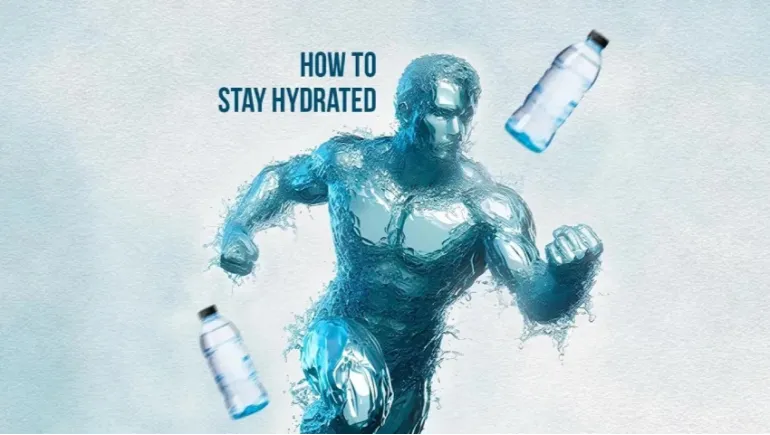
Water is life. Yet, many people underestimate just how important staying hydrated is for overall health. From keeping your skin glowing to helping your body function efficiently, hydration plays a vital role in every aspect of well-being. Whether you’re trying to build a better health routine or simply looking for effective health tips, learning how to stay hydrated is one of the easiest and most impactful changes you can make.
The human body is made up of about 60% water, and every cell, tissue, and organ relies on it to function properly. Staying hydrated helps regulate body temperature, lubricate joints, support digestion, and even improve mental clarity. On the other hand, dehydration—even mild—can cause headaches, fatigue, dizziness, and lack of focus.
Think of hydration as fueling your body’s engine. Without enough water, performance drops in both physical and mental tasks. For anyone committed to a healthier lifestyle, consistent hydration is non-negotiable.
Recognizing dehydration early is key to maintaining wellness. Watch for these common symptoms:
If you notice these signals, it’s a clear reminder to boost your water intake and reevaluate your health routine.
The age-old advice is eight glasses a day, but the truth is hydration needs vary depending on lifestyle, activity level, and climate. A general guideline from health experts suggests about 2–3 liters (8–12 cups) daily for adults. However, those who exercise regularly or live in hot climates may need more.
The best health tip is simple: listen to your body. Pay attention to thirst cues and monitor urine color—pale yellow usually means you’re well-hydrated.
Adding hydration into your daily health routine doesn’t have to be complicated. Here are some effective strategies:
Before reaching for coffee or tea, drink a glass of water first thing in the morning. It helps kickstart digestion and rehydrates your body after hours of sleep.
Having water within reach makes it easier to sip throughout the day. A reusable bottle also helps you track intake and reduces reliance on sugary drinks.
If plain water feels boring, add slices of lemon, cucumber, or berries for natural flavor. This small trick makes drinking water enjoyable and refreshing.
Use phone alarms or hydration apps to remind yourself to drink at regular intervals. It’s a simple but effective way to build consistency.
Fruits like watermelon, oranges, and strawberries, as well as vegetables like cucumber and lettuce, contribute to hydration. Adding them to meals boosts water intake naturally.
Coffee and tea can be part of your day, but don’t rely on them for hydration. Limit sugary sodas and energy drinks, as they may dehydrate more than help.
When you sweat, your body loses water and electrolytes. Drink before workouts, sip during activity, and replenish fluids afterward to stay balanced.
Making hydration a priority enhances multiple areas of life. Proper water intake improves skin elasticity, reduces muscle cramps, and supports digestion. For those building a long-term health routine, it also helps regulate appetite—sometimes thirst is mistaken for hunger.
Better hydration also sharpens focus and reduces fatigue, making it an essential part of productivity. Simply put, water is a natural performance booster for both body and mind.
To make hydration a lifelong habit, combine it with other wellness practices:
Consistency is key. Over time, these small steps add up to a healthier lifestyle that’s easier to maintain.
Staying hydrated isn’t just about drinking water—it’s about creating a lifestyle where hydration naturally fits into your health routine. With the right awareness and simple adjustments, you’ll notice more energy, better focus, and an overall sense of wellness.
So, grab your water bottle and start today. These small health tips may be the refreshing boost your body has been waiting for.












Comments
There are no comments for this Article.